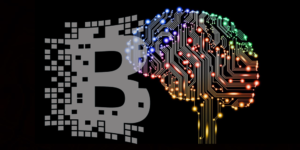Table of Contents
Be smart, free things are not always free
Free Wi-Fi especially in public places is a tempting promise but think twice before connecting because you may be a victim of hackers. Therefore, you need to know how to avoid risks and threats of public wifi with this article.
Hackers can access Wi-Fi hotspot to gain access to your connected device and gain access to sensitive information, such as passwords, financial data, and card details, which they can use to make unauthorized financial transactions. They may also draw you to their network connection by naming a common hotspot.
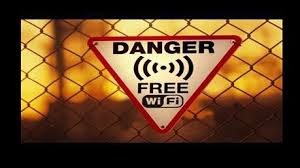

Free public Wi-Fi is a concern because when you connect to free Wi-Fi, it is usually not encrypted. That means anyone can see what they are doing with the network. They can see which sites you visit and what you type on. Even if you have access to secure, encrypted websites, they know which sites you visit, and even if that site is secure, they cannot tell you what you are doing. There are many ways hackers can use these networks to take advantage of you.
Public Wi-Fi Threats
Man-In-The-Middle Attacks
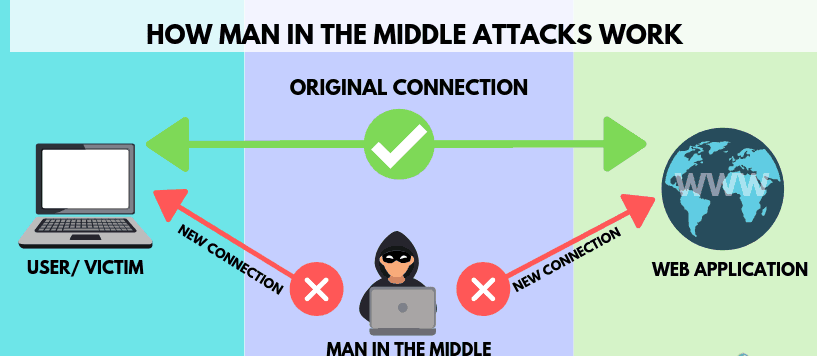

One way in which hackers attack is to set a point of intercourse between you and social media. You will be sending your information via a hijacker, which we forward to the network to make it look like everything is fine. But when your data passes through a hacker’s login, he or she can see any data you send and receive while connected to the network. This includes credit card details, important emails, passwords, and more. This way, it does not matter if you have access to secure sites or not, because the information sent to your access point does not encrypt when it is received..
One such attack on the average person uses spoof websites to collect your information. It works by moving your information through a specific device and showing you a website that looks like the one you want to access. So you think you are sending information through a secure site, but you are actually giving that information directly to the attacker.
Malware


Another security concern with public Wi-Fi is the risk of Malware. Hackers can send malware to your computer if you enable file sharing over the network. They may even enter a connection point and trick you into downloading malware on your computer when you connect to Wi-Fi. Malware is dangerous because it can access offline documents such as photos and sensitive documents on your computer. Some types of malware can even access your device’s camera and microphone so that people can listen to what you are doing in the real world, not just online.
Malicious Hotspots


Dangerous hotspots can occur when a network is infected, but they can also occur when a criminal creates an environment in which a community lives. They can name the hotspot whatever they want, so by naming it “Public Wi-Fi” or by naming it in a coffee shop or a nearby business, they find innocent people to connect with and check their Internet activity.
So before you connect to any Wi-Fi; – Protect Yourself – How?
How?
The thing about the public Wi-Fi security concerns is that hackers use it because people who connect over these networks are easy to control. If you take precautionary measures, you greatly reduce the risk of hackers targeting you. Start with these tips to protect yourself when connecting to a public Wi-Fi network.
Use a VPN
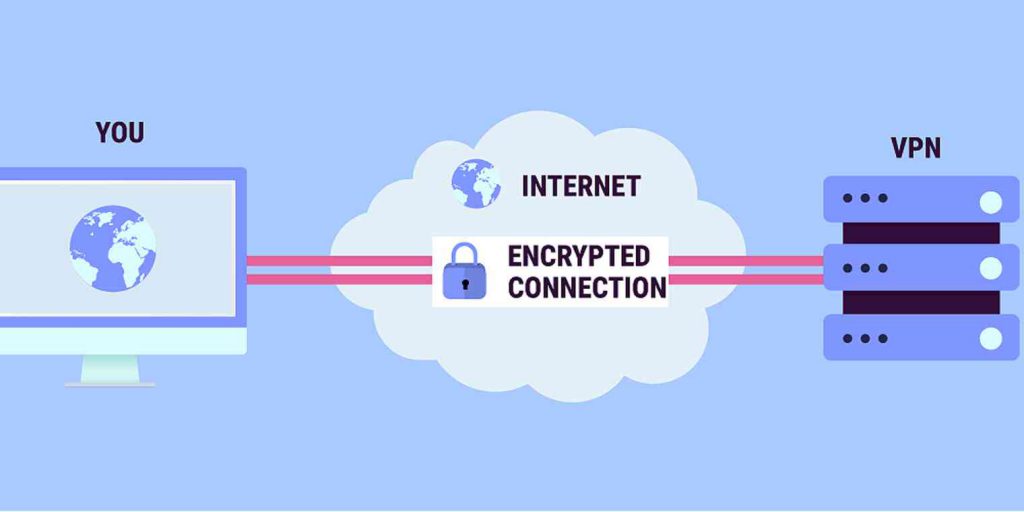

A virtual private network (VPN) transfers all your data through another server to help increase internet security and privacy. Alternatively, it encrypts your data, which means that even if a criminal finds your data, he or she will have to disclose it in order to use the information. Not only do hackers have to be good at what they do to get rid of your personal information, but most will not bother trying because they want simple goals.
Limit Your Browsing
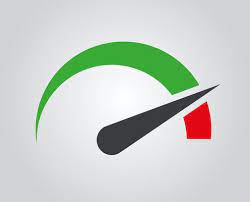

One of the easiest ways to ensure that no one can access your information through a social network – which is missing by never connecting to another – is to limit the type of browsing you do. Do not sign in to your bank account or enter credit card details over a social network unless you are using a VPN. Be aware of even your email and social media profiles. You may not see what sensitive data you send through these sites until someone finds it and uses it for you. It is usually safe to use public Wi-Fi to browse the web and watch videos, but be careful what passwords and credentials you enter even on seemingly insignificant sites.
Disable Sharing
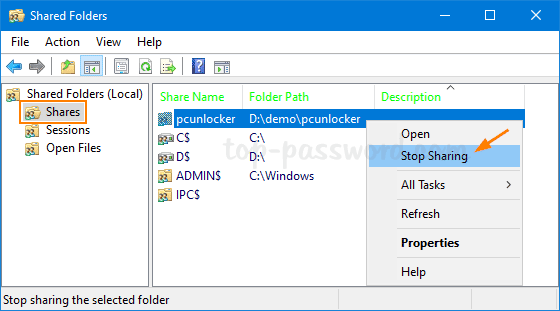

When you connect to public Wi-Fi, there is a device on your device that allows network sharing. It is unlikely that you want to share anything publicly, so you will want to disable this setting. If you are on Windows, you can do this by selecting “Public” for the first time when connecting to Wi-Fi. This will lock your connection to keep your computer from sharing sensitive data. On some devices, you can check your Control Panel to change sharing settings.
Keep Your Device Protected
When it comes to hackers using malware via public Wi-Fi, another way to protect yourself is to make sure your device is safe. With proper protection for malware and virus on your computer, you can keep malicious files away from your device. Make sure your security software stays up-to-date to reduce your risk.
While public Wi-Fi is simple, it comes with its fair share of worries. For some people, especially those working on their computers while on the go, public Wi-Fi is probably a necessity. Taking appropriate steps, such as using a VPN and protecting your computer, will help you reduce your risk and allow you to browse the Internet in public without fear.
Beyond, how to avoid risks and threats of public wifi Palmacedar Limited as ICT company can assist you to implement a secured wifi solution in your vicinity and also guide you on how to have your devices protected
So before you connect to any Wi-Fi; – how to avoid risks and threats of public wifi
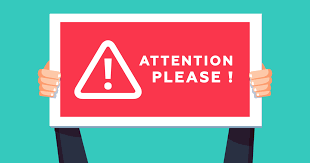

- Try to confirm the name of the Wi-Fi hotspot
- Do not access websites or applications that request you or that contain sensitive information such as your bank card details
- Update software and patches on all your devices to avoid any virus attacks or malware
- If you see any suspicious transactions on platforms where your bank card is connected, contact your bank immediately.
Remember, Goodlife puts you at the forefront of the game. www.palmacedar.com


